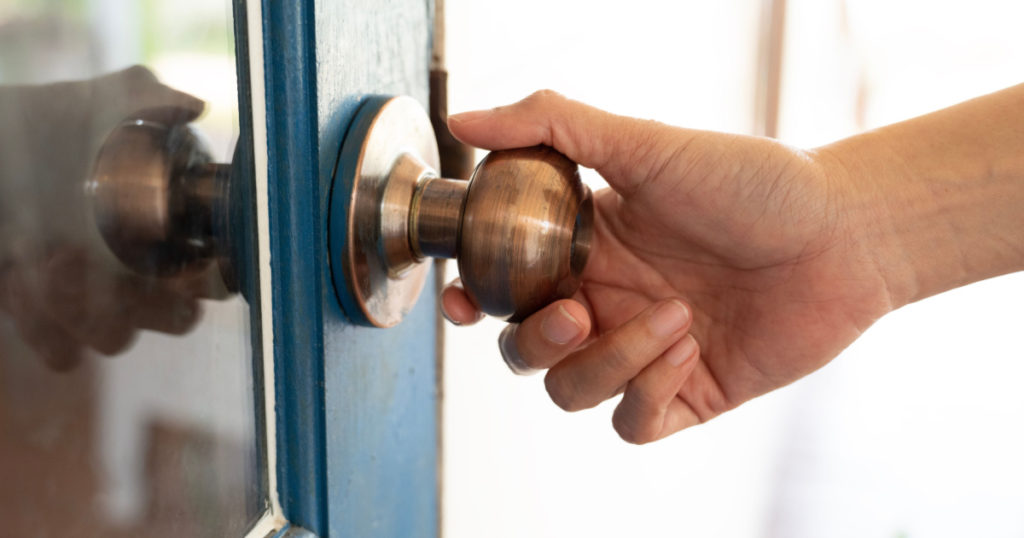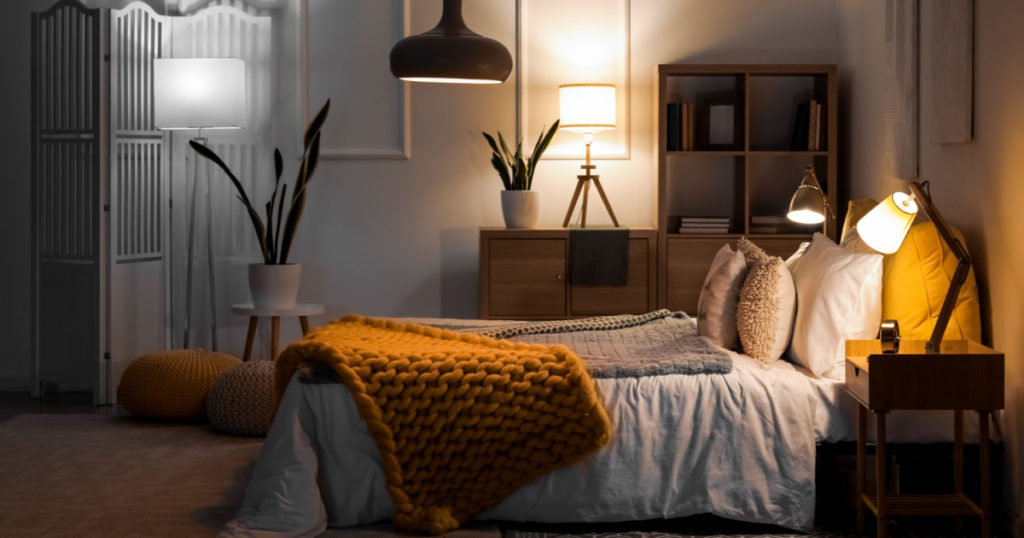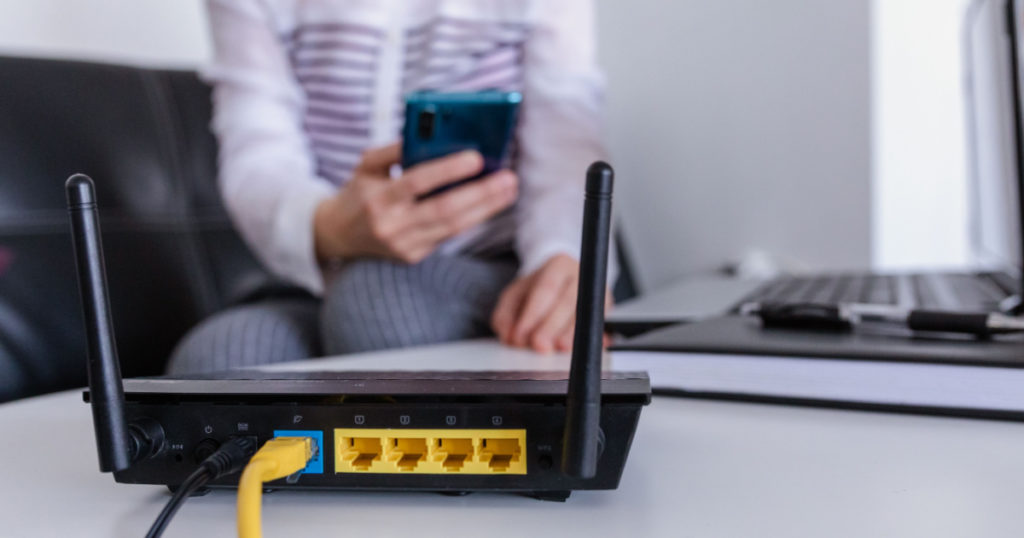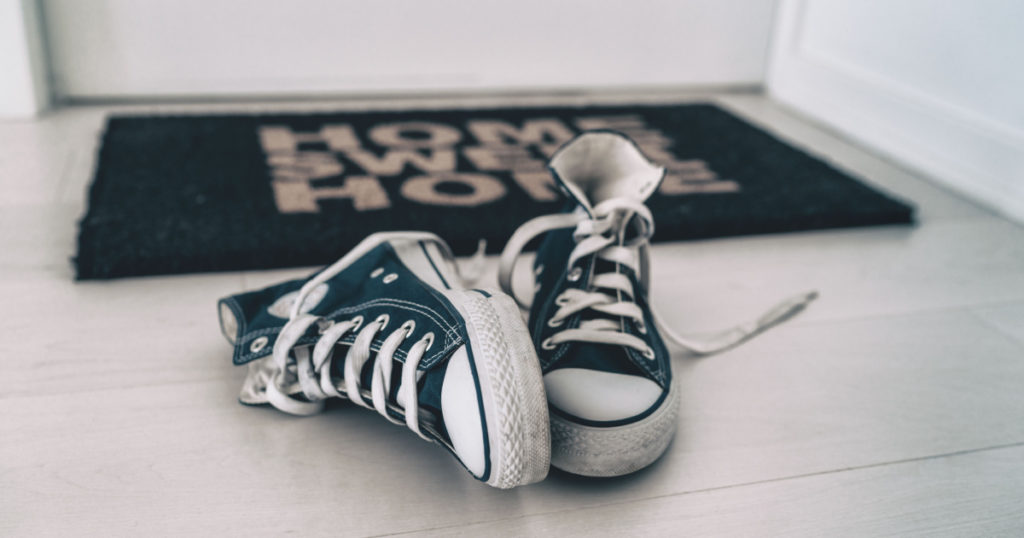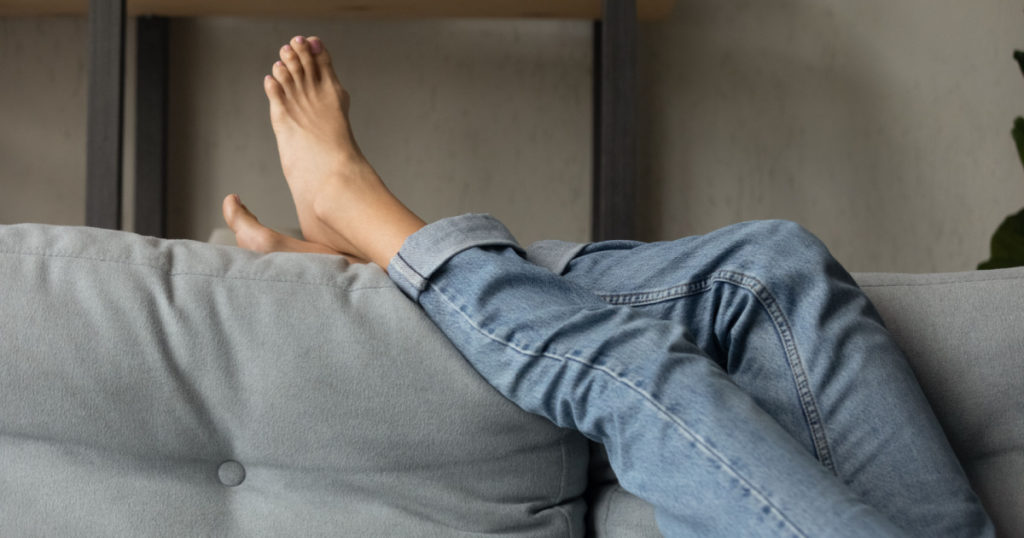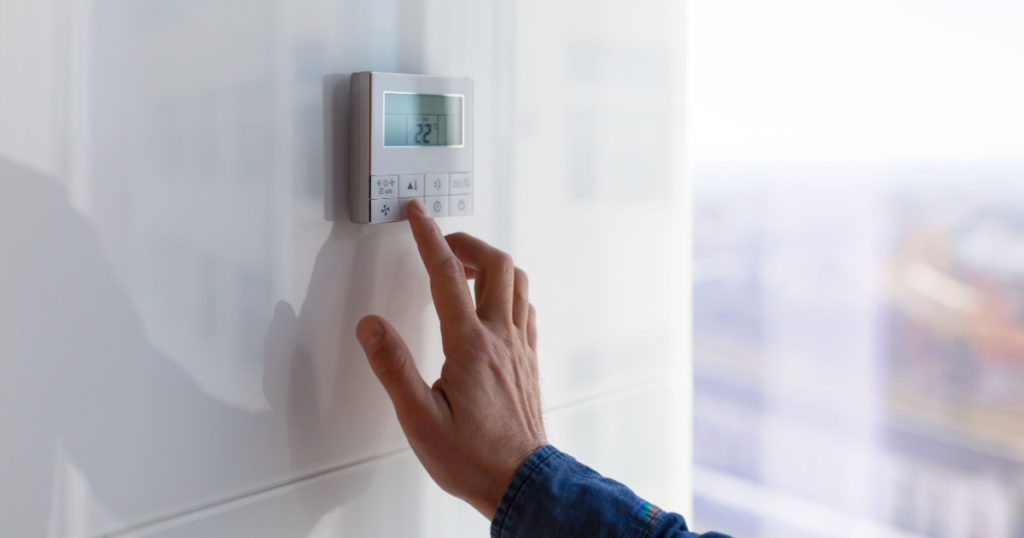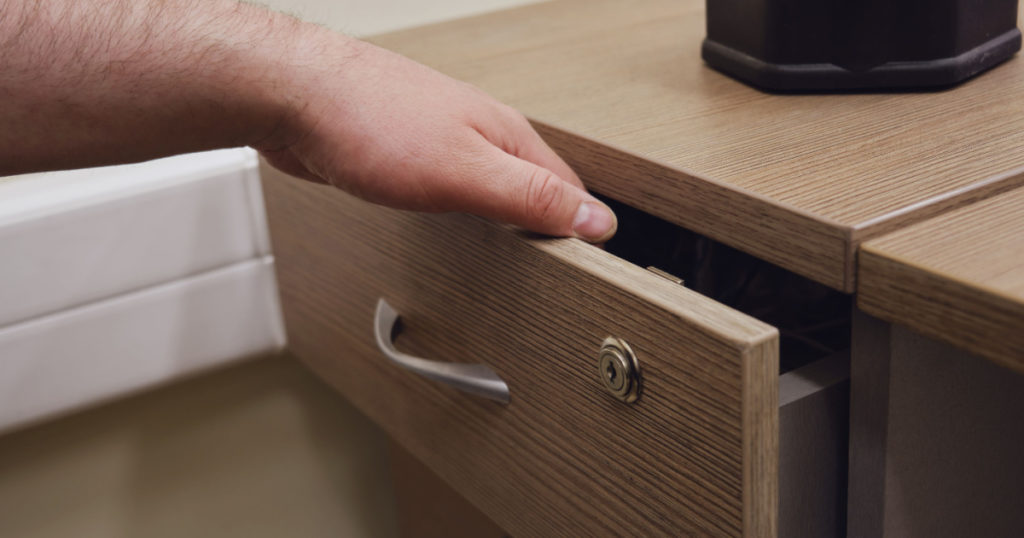When we enter someone else’s home, we enter a space that holds their personal history, preferences, and boundaries. It is a unique environment where every item, from decor to personal items, has meaning and significance to the host. Our awareness and respect for these unspoken rules as guests can mean the difference between a pleasant and unpleasant visit. Therefore, it is essential to understand the etiquette involved when we are invited into someone’s living space. This guide describes nine specific items or areas in the home that you, as a guest, should handle with care or avoid unless you have express permission to do so.
Because homes are a refuge and a place of safety for people, it can be a little intimidating for them to host guests and know how to treat them with respect. These are nine items you should never touch or should touch with permission first.
1. Door handles
It is impractical to anticipate that a visitor will never tamper with a doorknob in a stranger’s house. Eventually, you may need to use the restroom. And you can’t get in without first opening the door.
However, good manners dictate that you should always ask for permission before entering, so don’t open the front door without asking the person you see first. This also applies to internal doors – such as doors in spare rooms or bedrooms – which may be closed.
Additionally, touching surfaces can carry germs, so it’s a good idea to wash and/or sterilize your hands before entering the house, especially if someone living there has a compromised immune system.
2. Bedroom
As mentioned above, closed doors are off-limits without an agreement, on the other hand, the bedroom is their most private place. As a result, even with permission to “make yourself at home,” entering someone’s bedroom is often not the most appropriate approach to visiting a loved one. In contrast, visiting someone who is bedridden may require an invasion of their personal space. In these cases, it is strongly recommended to clean your hands properly before entering.
3. Wi-Fi
In most cases, when a guest is at someone’s home, you’re there to spend time with them, so it’s considered impolite to ask for the Wi-Fi password if you’re just stopping by to visit or have a meal together. On the other hand, asking for a Wi-Fi password is perfectly acceptable if you are a long-term guest and staying for an extended period of time.
4. Refrigerators
Unless you are invited to “help yourself to a drink or snack”, it is not ideal for guests to enter the house and start rummaging through the kitchen including the fridge and cupboards. Plus, long-term guests are likely to make a better impression by offering them food. Another surefire way to ensure you’re using proper etiquette is to offer to help clean up after your meal.
5. Do not touch the floor
While it goes without saying that avoiding the floor when entering the house is impossible, shoes carry all kinds of bacteria from the outside. Oils from cars on the street spilled sticky drinks, gas dripping from the nozzle, mud, and so on. Consequently, a good example of proper etiquette is to take off your shoes before entering the house, or at least offer to do so. On the other hand, some people wear shoes at home and won’t mind you doing the same. It is always a good idea to ask about their preferences before entering the home.
6. Or anything with your feet
Even if the shoes have been removed by the door, it’s still not ideal to put your feet on the furniture unless you’ve been given permission by an adult living in the house. In many cases, this rule is lax. However, it is never okay and often considered rude to place your feet on surfaces such as tables or counters.
7. Do not touch the thermostat
This is clear because you are not the person paying the bills and therefore do not have the right to adjust the temperature as you see fit. This also applies to opening windows of your own free will.
Alternatively, in most cases, the people living in the house are happy to adjust to accommodate the comfort of their guests. This rule may sometimes apply to other electrical devices such as televisions, computers, or telephones.
8. Mail
Aside from the fact that going through someone’s mail is actually against the law, it’s also considered rude and can be quite invasive.
9. All enclosed spaces
As mentioned above, going behind closed doors is the opposite of proper etiquette. However, this rule applies not only to doors. Applies to all enclosed spaces including pharmacies, desk drawers, closets, or laundry rooms.
Most people try to treat others with the same level of respect they want in return
As a result, it can be challenging to know the right way to be a guest in someone else’s home.

In addition, it is important to remember that different cultures and countries have their own views on what is considered impolite. Fortunately, most people in these social settings know each other well, which can often help take some of the pressure off. For situations where this may not be the case, there are plenty of online resources, from Reader’s Digest to Indeed, that offer helpful advice to help you always make a good impression, no matter the circumstances.
In conclusion, understanding and respecting boundaries when visiting someone’s home is essential to maintaining harmonious relationships and displaying good manners. Whether that means not touching certain items like the thermostat or someone’s personal mail, or following social cues about using spaces like the bedroom or the refrigerator, being a considerate guest involves a combination of common sense and attention to the host’s preferences. Remember that each household may have its own set of rules and cultural customs, so when in doubt it’s always best to ask. By following these guidelines, you can be sure that you are not only a respectful visitor, but a welcome visitor, creating an environment of mutual respect and appreciation.
